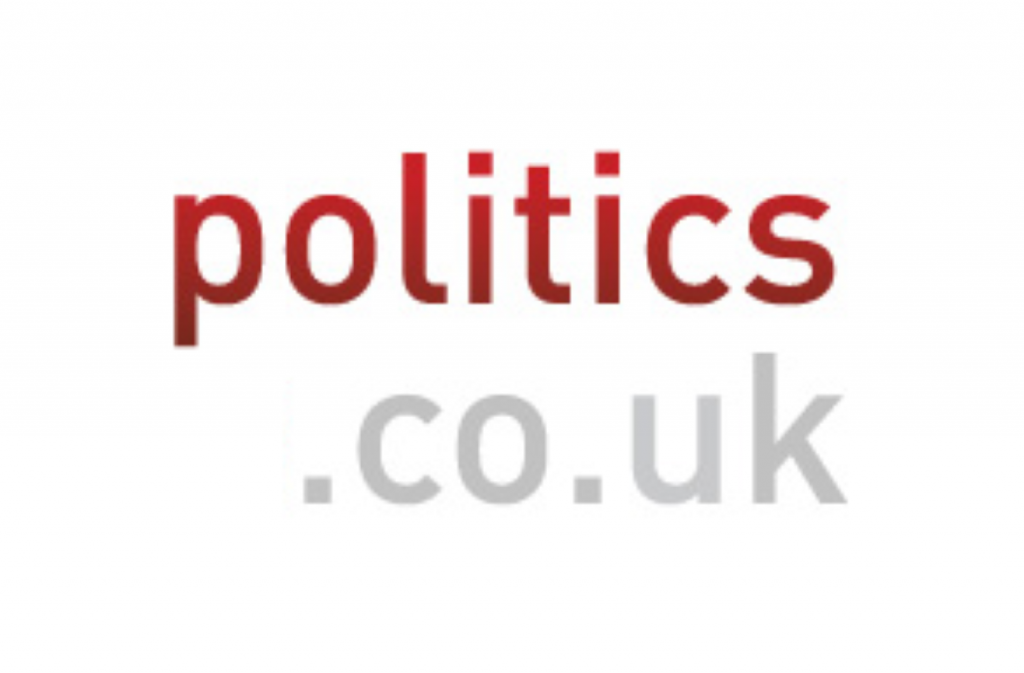Rivals clash over need to cut taxes
The candidates for the Tory leadership clashed today as David Davis unveiled plans to cut taxes by the equivalent of £1,200 a year for the average family.
The proposals would see an overall cut in the nation’s tax bill of £38 billion a year by the end of the next parliament, the shadow home secretary told party members.
In a meeting in London today, Mr Davis set out his stall as the true champion of the Conservative party’s traditional tax-cutting philosophy – a direct challenge to his centrist leadership rival, David Cameron.
As part of his leadership push, now that ballot papers have been sent out to the party’s 300,000 members, he committed a future Tory government to spending wisely, cutting taxes, and generating growth.


“We can either join the ranks of centre right parties around the world.which have won by cutting taxes. Or we can remain frozen in the headlights of a centre left agenda, and continue to lose,” he said.
Asked about Mr Davis’ plans while campaigning in Bexhill, East Sussex, Mr Cameron said he did not think it was “sensible” to outline such detailed proposals four years before an election.
“We cannot know the exact state the economy will be in, and whether or not it will be growing or shrinking. I do not think that is the right approach,” he said.
The shadow education secretary added dismissively: “These suggestions were made last time and they didn’t seem to have much success.”
Mr Cameron has warned against returning to the right of British politics, and yesterday said the Tories would never regain voters’ trust if they remained tied to the dogma of tax and spending cuts.
He believes that competitive tax rates are essential to a dynamic economy, but that proceeds of economic growth should be shared between tax cuts and investment in public services.
However, today Mr Davis insisted Labour’s policy of high taxes and high spending was in trouble – opening the way for a strong, clear, tax-cutting Conservative party.
“We will make the gravest mistake if we seek to ape the New Labour project at the moment when it is seen to have failed. People are yearning for an alternative to New Labour, not a repetition of it,” he said.
“The Conservative party has a choice. We can either continue to accept the terms of the debate set by Tony Blair and Gordon Brown, with ever higher spending and taxes. Or we can set a distinctive Conservative agenda for the future.”
Mr Davis claimed his planned savings would be achieved by cutting overall public spending to 40 per cent of national output, allowing the government to reduce the basic rate of tax from its current level of 22 pence in the pound to 14p.
Alternatively, income tax could be slashed by two pence and the main rate of corporation tax by three pence. This would still allow for the scrapping of the unpopular inheritance tax, stamp duty and capital gains tax altogether.
“We need to move from a spending agenda to a growth agenda, where government is focused on achieving value for taxpayers’ money and public spending discipline ensures that there is room to lower the tax burden,” Mr Davis said.
Cutting taxes did not necessarily mean lower revenues for the Treasury, he argued – a lower tax burden would promote economic growth and thereby generate more resources for public services in the future.












